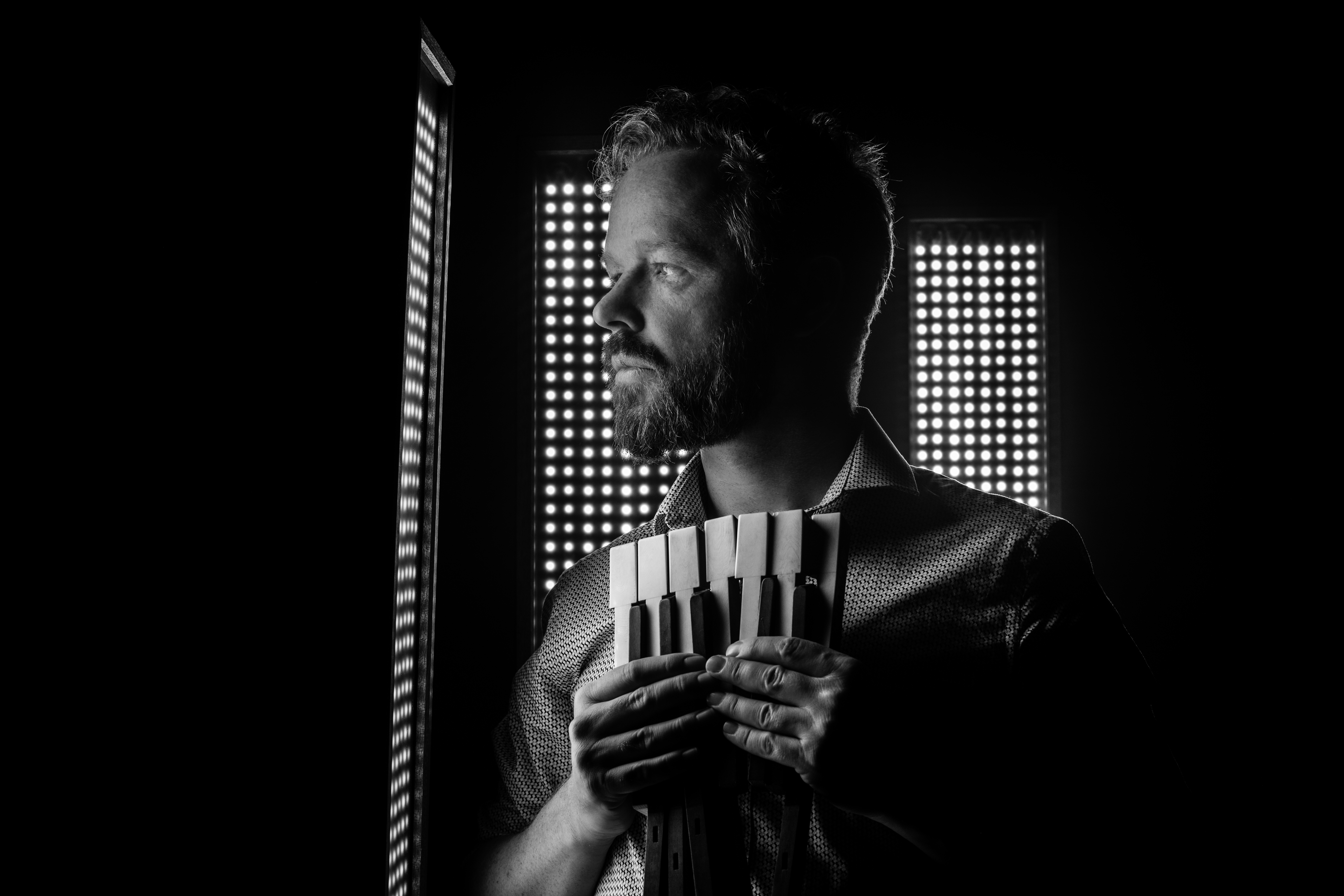
CONTACT
NEWSLETTER
Get the latest news from LarkhallMANAGEMENT/BOOKING
Richard Munday
richard@larkhall.orgSYNC/GENERAL INQUIRIES
Charlie Hooper-Williams
charlie@larkhall.orgFREQUENTLY ASKED QUESTIONS
Q. Do you always perform with visuals?
Not always! For smaller shows or when opening for another artist, it sometimes makes sense to perform solely on piano.
In addition, with the harmonics machine, infinite resonator and effects pedals, I can scale the show up or down to fit any performance situation.Q. Why do you perform with visuals? What’s their function?
The visuals allow someone hearing the music for the first time to have the experience of already knowing the piece.
For example, where are the section changes? Which bits are thematically important? How close to the end are we? What kind of a piece is this?Q. Which comes first, the music or the visuals? Or do they come together?
Fundamentally, I am a musician first and foremost. So generally I have a musical idea, and then think about how visuals could support it.
As my visuals explorations have matured, I have started to have visual ideas that don’t yet have a musical counterpart. I am always thinking about what music could be well-supported by those visuals and I’m sure that we’ll start to see pieces inspired by visual explorations in the coming months.Q. What is Postclassical?
Postclassical music draws inspiration from classical music, but with a touch of irreverence that lets us make it exciting and new. It also incorporates elements of pop, electronic, film and other musical traditions.
It uses instruments from the classical tradition— very often piano and strings— alongside newer instruments like synths, loops, and computer processing. It borrows from the structures and idioms of other genres: ‘pop’, electronica, and folk, as well as the classical ‘minimalist’ movement.
In addition it embraces the recording and production of music as part of the creative process, so you often get these heightened, almost surreal sonic landscapes we’re all used to hearing in popular music. This contrasts with classical recordings, which attempt to essentially capture the experience of being in a concert hall listening to the performance.
I like to mention this key detail about postclassical versus classical recordings as a way of highlighting their differences in philosophy: In a classical recording, you’re in the audience. In a postclassical recording, you’re sitting at the piano— sometimes it even sounds like you’re inside the piano! So there’s this sense of inclusiveness and intimacy that’s really important to the genre as a whole.
This extends beyond recording techniques, I believe, to the writing of the music as well. The music itself is written to be inclusive; you don’t need to know about music history or theory in order to enjoy it.
Q. What does it mean to be post-something? (Post-modern, for example)
It essentially means that it’s been digested: the culture has “digested” the ideas of the movement, so to speak.
To continue the metaphor, its “nutrients” are now available for use by the culture at large— anyone who feels moved by the classical idiom can pick and choose their favourite bits or tricks or instrumentations or content or form and make something new with it.Q. Is this the same as neoclassical? Indie classical?
I’m not the arbiter of any of these terms, but as far as I see it: yes.
Strictly speaking it’s kind of weird that “post” and “neo” could mean the same thing, but here we are. “Indie classical” as a term is apparently outre these days, but it is pointing to the same thing, I believe.Q. Why try to define it, anyway?